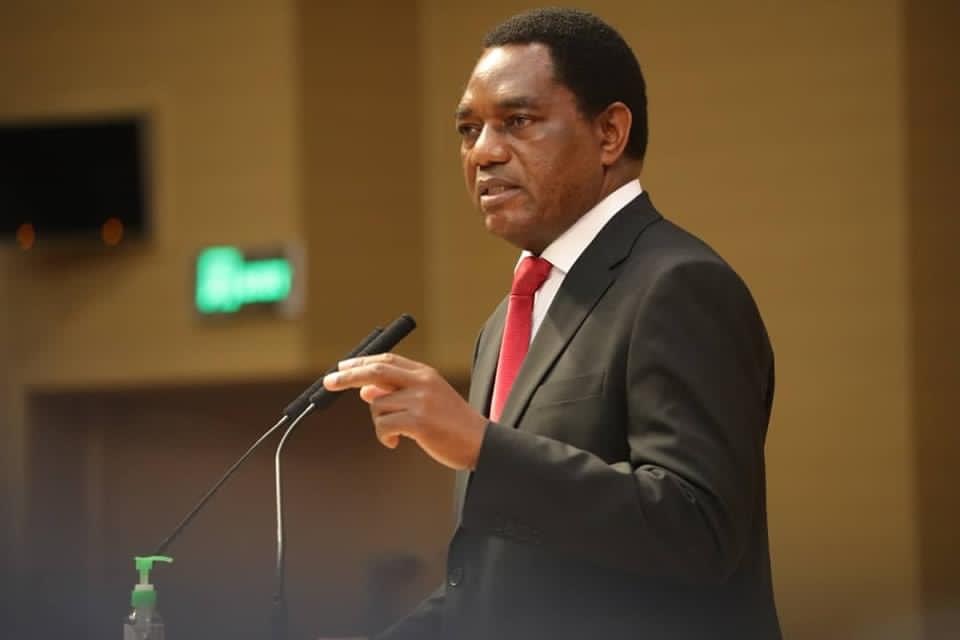In the labyrinth of a debt restructure backed by strides towards creditor consensus, Zambia is on the cusp of bailout support with the Washington based lender the International Monetary Fund. On 27 July, the head of state in Africa’s second largest copper hotspot, Hakainde Hichilema, directed the minister of finance Dr. Situmbeko Musokotwane to seek parliament approval for supplementary fiscal funding for K22 million (circa.$1.2 billion) stemming from revenue outperformance reserves. It is typical of supplementary budgets in the third quarter historically arising from funding needs that ideally would be financed by the domestic money markets through government security issuances.
Zambia has used its domestic money markets to fund fiscal programs in the wake of narrowing credit lines post its default credit status.
Decongestion of the govie securities market
Zambia’s 2022 supplementary funding request is to be funded using savings from prudent fiscal measures which the head of state highlights on his social media page. The additional spend if approved will scale the 2022 fiscal budget to K195 billion. The implications of using surplus funds will decongest the domestic money markets to allow for liquidity to be channeled towards effective credit extension.
Farmer input support program is strategic to the nations food security agenda. However FISP does drive dollar demand higher for fertilizer input.
Zambia’s 2H22 funding needs include the farmer input support program aimed at hedging the nation against food security risks, dismantling domestic arrears for suppliers and contractors that have continued to choke the private sector through liquidity hurdles for those owed, extinguishing of retiree obligations and refurbishment of aged road networks.
Good news from creditors in the next few days?
The Chinese Ambassador to Zambia Du Xiaohui earlier expressed optimism about debt restructure strides during a session with the minister of infrasture and development Charles Milupi at his office in Lusaka. This adds to earlier sentiments by the World Bank President David Malpas when he singled out Zambia efforts while citing widening poverty risks across emerging markets following the global turbulence.
The Southern African nation is on the cusp of an extended credit facility with the IMF which could come as early as September this year should creditor engagement reach consensus in the next couple of weeks. Zambia has a $750 million dollar bond falling due in September. Analysts however see approval of the budget exerting pressure on the exchange rate on account of dollar demand for fertilizer imports to support FISP and increased economic activity from increased spend.
The Kwacha Arbitrageur

